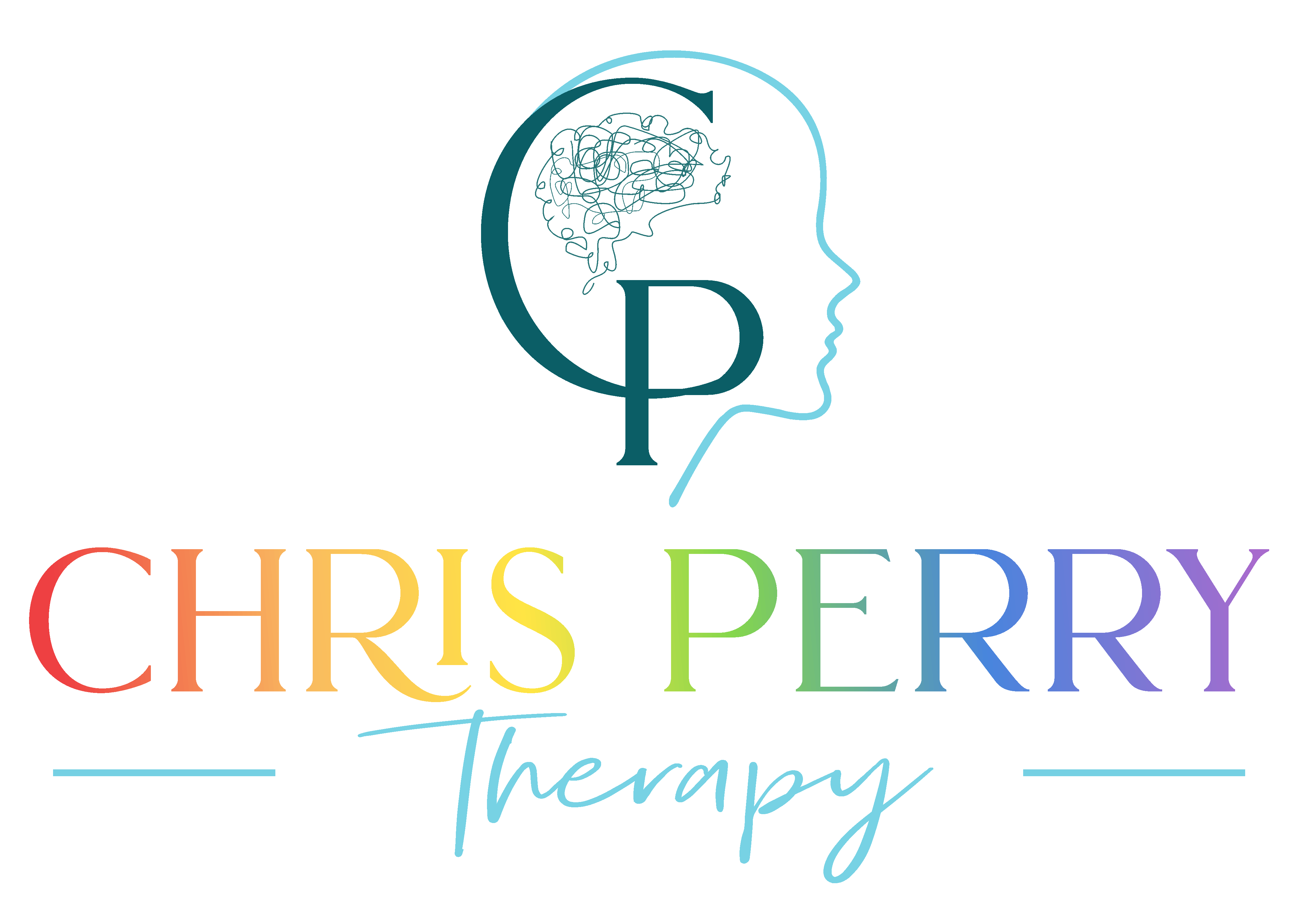Cognitive Behavioral Therapy, or CBT, is a short-term, problem-focused form of behavioral treatment that helps people recognize the difference between beliefs, thoughts, and feelings, empowering them to break free from unhelpful patterns of behavior.
What is CBT?
CBT is grounded in the belief that a person’s perception of events – rather than the events themselves – determines how they feel and act in response. It has proven to be effective in treating various mental health conditions, including but not limited to:
- Depression
- Anxiety
- Panic attacks
- Phobias
- Obsessive-compulsive disorders (OCD)
- Posttraumatic stress disorder (PTSD)
- Substance dependency
- Persistent pain
- Disordered eating
- Sexual issues and obsessive sexual thoughts
- Anger management issues
Many individuals with clearly defined behavioral and emotional concerns can benefit from CBT. If any of the above issues resonate with you, consider giving cognitive behavioral therapy a try.
Exposure and Response Prevention (ERP)
One powerful technique often used within CBT, particularly for treating OCD and anxiety disorders, is Exposure and Response Prevention (ERP). ERP involves gradually exposing individuals to feared situations or stimuli, allowing them to confront their anxieties in a controlled and supportive environment.
How ERP Works:
Exposure: During ERP, the individual is exposed to the situations or triggers that evoke distress or anxiety. This exposure is done in a gradual and systematic manner, tailored to the individual’s unique needs.
Response Prevention: While exposed to the triggers, individuals are encouraged to refrain from engaging in their typical avoidance or compulsive behaviors. This helps break the cycle of anxiety and enables them to experience a reduction in the anxiety over time.
The Role of ERP in CBT:
When appropriate and relevant, ERP is integrated into CBT to address specific anxiety-related concerns. By systematically facing their fears and resisting the urge to engage in compulsive behaviors, individuals gradually learn that their anxieties can lessen without the need for rituals or avoidant actions.
Finding Support:
Cognitive behavioral therapy is more than just talking about whatever comes to mind during a session. CBT sessions are structured to focus on specific goals, ensuring that each session is productive.
If you or someone you know could benefit from CBT and ERP techniques, please contact me today. I would be delighted to discuss how I may be able to help you on your journey towards personal growth and wellbeing.


